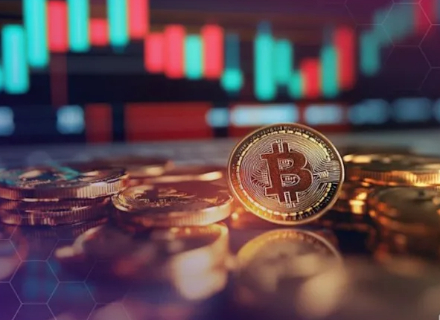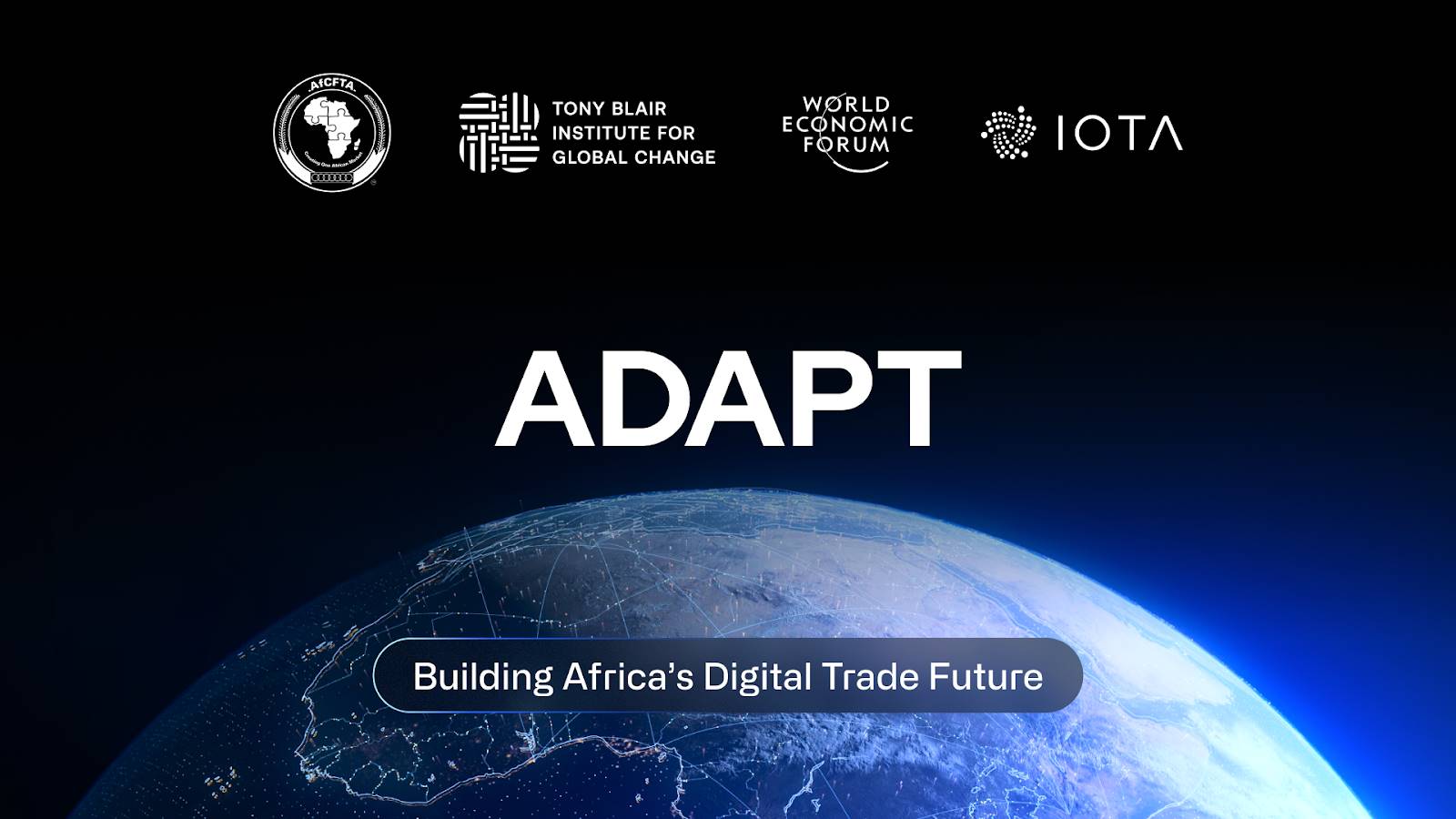XRP's Strategic Role in Japanese Fintech Expansion
- Ripple's XRP gains institutional traction in Japan via SBI and MUFG partnerships, enabling cross-border payments and tokenized assets. - Japan's FSA reforms regulatory frameworks to support crypto adoption, accelerating ETF launches and real estate tokenization via XRP Ledger. - SBI's Bitcoin-XRP dual-asset ETF and RLUSD stablecoin highlight XRP's role in bridging traditional finance with digital innovation. - SEC's 2025 ruling and Japan's legal clarity remove barriers, positioning XRP as a foundational
The Japanese fintech landscape is undergoing a seismic shift, driven by XRP’s institutional adoption and a regulatory environment that is increasingly crypto-friendly. Ripple’s partnerships with SBI Holdings and Mitsubishi UFJ Financial Group (MUFG) have positioned XRP not just as a cross-border payment solution but as a foundational layer for tokenized assets and institutional-grade financial products. This evolution is being accelerated by Japan’s Financial Services Agency (FSA), which is recalibrating its regulatory framework to accommodate the next phase of digital finance.
Institutional Adoption: From Cross-Border Payments to Tokenized Assets
Ripple’s collaboration with SBI Holdings has been a linchpin in XRP’s institutional ascent. SBI Ripple Asia, a joint venture between the two entities, has leveraged RippleNet to reduce pre-funding costs for cross-border transactions by up to 70%. This efficiency has made XRP an attractive alternative to traditional SWIFT systems, particularly for Japanese banks seeking to cut costs and improve liquidity.
Beyond payments, XRP is now being integrated into Japan’s capital markets. SBI Holdings has announced plans to launch the country’s first Bitcoin-XRP dual-asset ETF on the Tokyo Stock Exchange, alongside a gold-crypto hybrid trust. These products, which will provide institutional investors with diversified exposure to crypto and traditional assets, reflect SBI’s broader strategy to bridge the gap between legacy finance and digital innovation.
The introduction of RLUSD, a U.S. dollar-backed stablecoin developed by Ripple and SBI, further underscores XRP’s institutional utility. RLUSD is already being used for international remittances and is expected to serve as collateral in institutional trading via Hidden Road, a prime broker acquired by Ripple. This move aligns with Japan’s FSA requirements for compliance and transparency, ensuring that XRP-based solutions meet institutional-grade standards.
Regulatory Tailwinds: A Catalyst for Growth
Regulatory clarity has been a critical enabler of XRP’s adoption in Japan. The 2025 U.S. Securities and Exchange Commission (SEC) ruling, which confirmed XRP as not a security in open-market transactions, removed a major legal barrier for global institutions. In Japan, the FSA’s proposed reclassification of crypto assets under the Financial Instruments and Exchange Act is expected to facilitate the launch of ETFs and other institutional products.
MUFG’s foray into tokenized real estate using the XRP Ledger (XRPL) exemplifies how regulatory progress is unlocking new use cases. By tokenizing real estate, MUFG aims to create a liquid, fractionalized market for assets that were previously illiquid and inaccessible to most investors. This initiative, supported by MUFG’s stake in SBI Ripple Asia, highlights XRP’s potential to transform asset classes beyond payments.
Data-Driven Insights: A Visual Perspective
Conclusion: A New Era for Japanese Fintech
XRP’s strategic role in Japan’s fintech expansion is no longer speculative—it is operational. From cost-efficient cross-border solutions to tokenized assets and institutional ETFs, XRP is being woven into the fabric of Japan’s financial system. As regulatory frameworks mature and institutional players like SBI and MUFG continue to innovate, XRP’s adoption is likely to accelerate, cementing its position as a cornerstone of Japan’s digital finance ecosystem.
Source:[1] Catalyzing XRP's Institutional Adoption and Global Utility [2] SBI Group Unveils Plans for Japan's First Bitcoin-XRP ETF [3] XRP To Become Backbone Of Tokenized Real Estate In Japan [4] Japanese Financial Giant Reveals Major XRP and Ripple Plans: ETFs, RLUSD, and IPO Hints
Disclaimer: The content of this article solely reflects the author's opinion and does not represent the platform in any capacity. This article is not intended to serve as a reference for making investment decisions.
You may also like
Aster announces a $10 million trading competition, combined with Stage 4 airdrop and Rocket Launch incentives, driving multi-layered growth in platform depth and liquidity.
After achieving strong performance in Stage 3, Stage 4 (Harvest) airdrop plan was launched, and the “Double Harvest” trading competition with a total reward of 10 million USD will be introduced on November 17.

Mars Morning News | Federal Reserve officials send strong hawkish signals again, December rate cut in doubt
The crypto market has generally declined, with bitcoin and ethereum prices falling and altcoins experiencing significant drops. Hawkish signals from the Federal Reserve have affected market sentiment, and multiple project tokens are about to be unlocked. Early ethereum investors have made substantial profits, and expectations for a continued gold bull market persist. Summary generated by Mars AI. The accuracy and completeness of this summary, generated by the Mars AI model, are still being iteratively improved.

IOTA collaborates on the ADAPT project: Building the future of digital trade in Africa together
IOTA is collaborating with the World Economic Forum and the Tony Blair Institute for Global Change on the ADAPT project. ADAPT is a pan-African digital trade initiative led by the African Continental Free Trade Area. Through digital public infrastructure, ADAPT connects identity, data, and finance to enable trusted, efficient, and inclusive trade across Africa.
